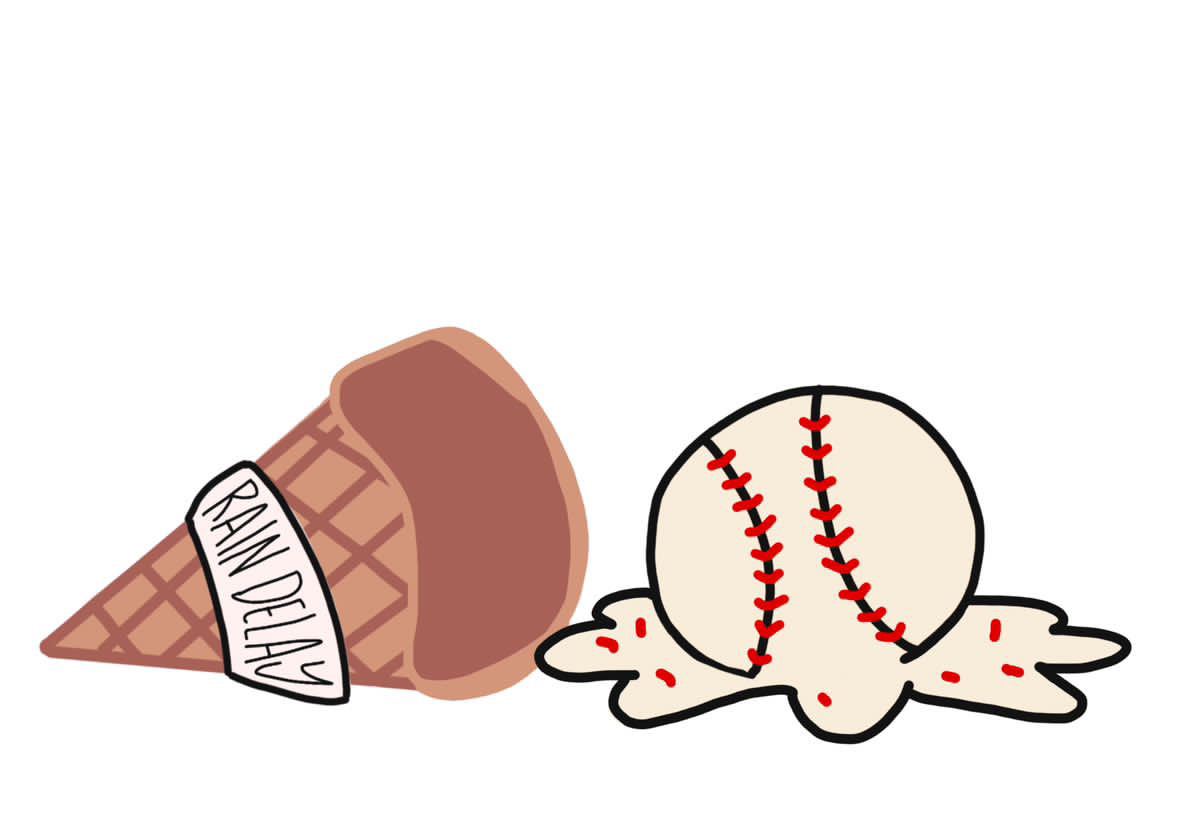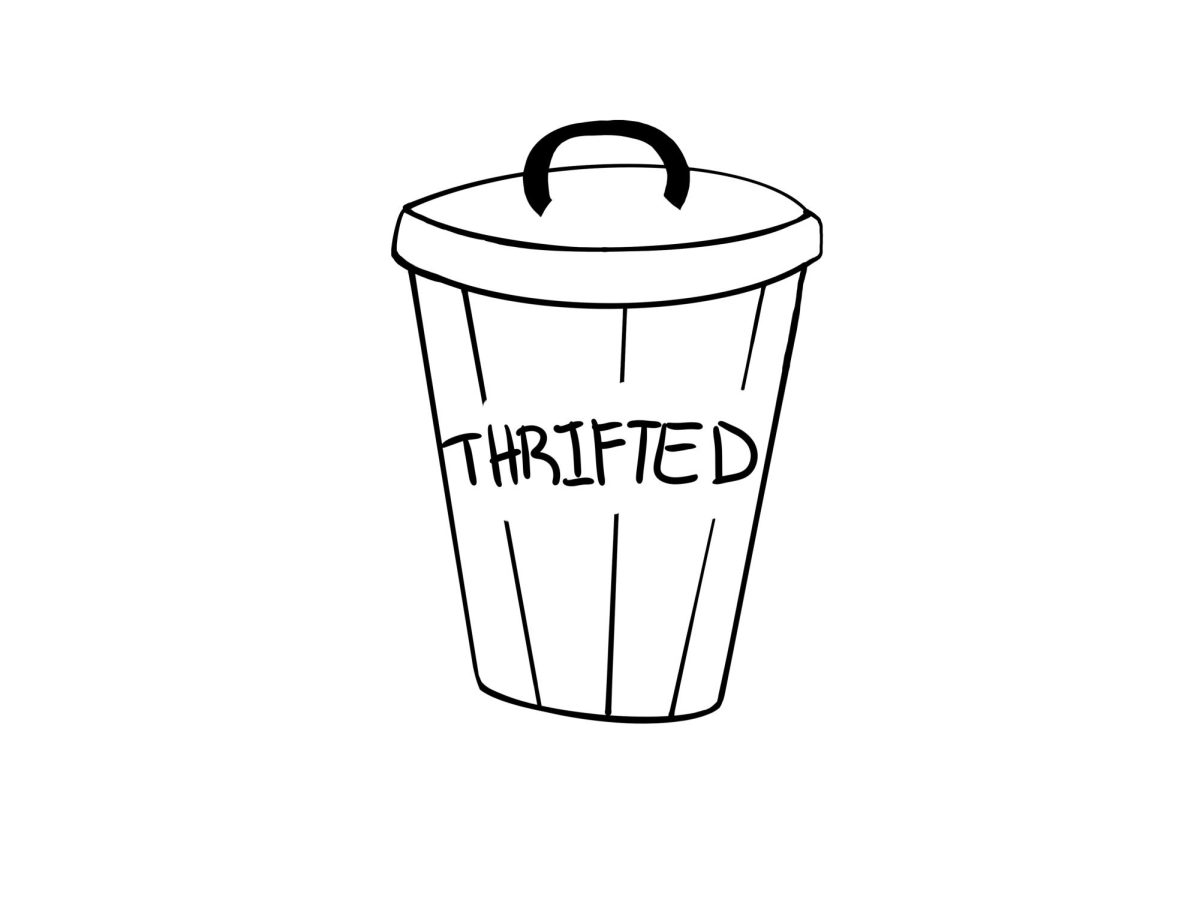Yawning, I caught myself dozing off in my third period class. Opening my eyes, the room was dark, and only the light of the projector screen and the sound of a narrator rambling on filled the still air. By third period, I had already watched two movies.
The day progressed, but not by much. I watched another two movies and had a couple of work periods before the final bell rang, signaling the end of yet another insignificant day.

As the days click by towards graduation, it seems that my time spent in class has become more and more pointless. After AP exams have ended and teachers have neared the end of their required teaching curricula, classes have become filled with movies and irrelevant projects.
I love movies, and in previous years I wouldn’t have argued with any teacher who said we were watching a movie that day, instead of doing a worksheet or some more challenging work.
However, watching three or more movies in a single day can take its toll on the mind. No real learning has come from watching these movie, as students only zone out when viewing them.
But this isn’t how it has to be. There are many other options that could take students out of the classroom and into the world to apply what they have learned over the past four years.
As seniors near graduation, we are often labeled with having “senioritis” that comes from our lack of ambition to do any more work, and therefore we simply “check out.” But can you really blame us?
In what ways are movies in every class each day motivational? How do these films inspire me, or my peers, to want to work harder? How do these movies encourage a greater understanding?
The truth is, they don’t.
By law, students attending public schools are required at least 180 days of school, consisting of six and a half hour days to classify as a full day.
Though these laws are implemented to ensure learning and give teachers ample time to cover all of their material, what happens when all of the material has been covered and class periods become inconsequential?
I am by no means a master in all six of my classes, but I have been given a strong foundation in my classes. From there, deeper understanding comes from actual hands-on learning.
In Marin, a few private schools understand the importance and the benefits that come from hands-on work outside of the classroom. Schools such as Marin Academy and Branson give second semester seniors the opportunity to opt out of school for a real world experience.
Students can participate in a wide array of internships, ranging from hard sciences to baking to working with troubled youth.
It may seem a bit absurd that students can have an internship for three days a week and have it be considered “school,” but the experiences they are gaining are much more important than the busy work they would be presented with in the classroom.
I propose that seniors who have good grades, meet all graduation credits, and submit a reasonable internship or volunteer request be given the option to alter their schedules in some way, which would allow them time to work outside of the classroom.
Marin offers a plethora of organizations where students could get involved. We could help intern at the Marin Food Bank, passing out and sorting food for low-income families. We could volunteer in the Canal District to read to elementary school children. We could plant a garden in a local park.
The possibilities of what we could do are endless. Yet we are stuck in a process that inhibits these possibilities and makes them seem like a far off dream.
Creating new programs that allow for seniors to work outside of the classroom at the end of second semester would promote real-world learning and diminish students’ inevitable senior slacker mentalities.
















